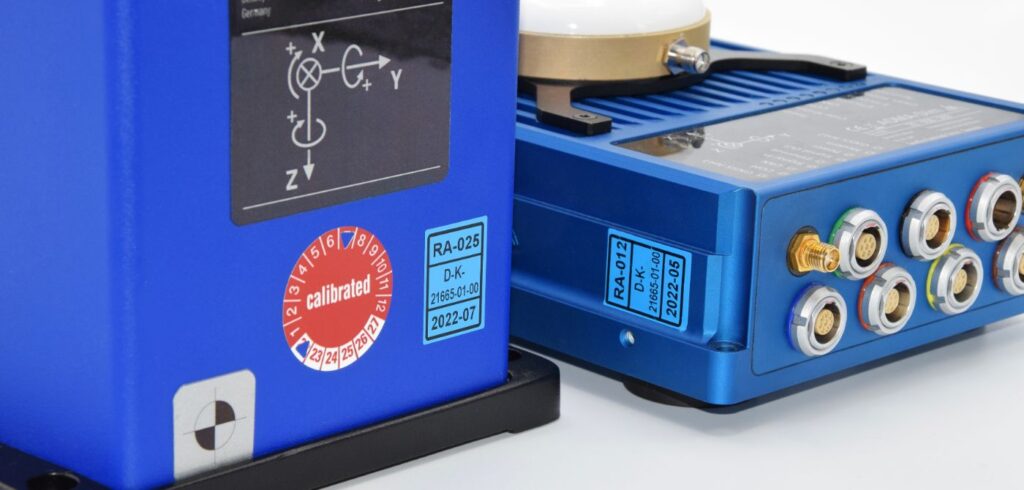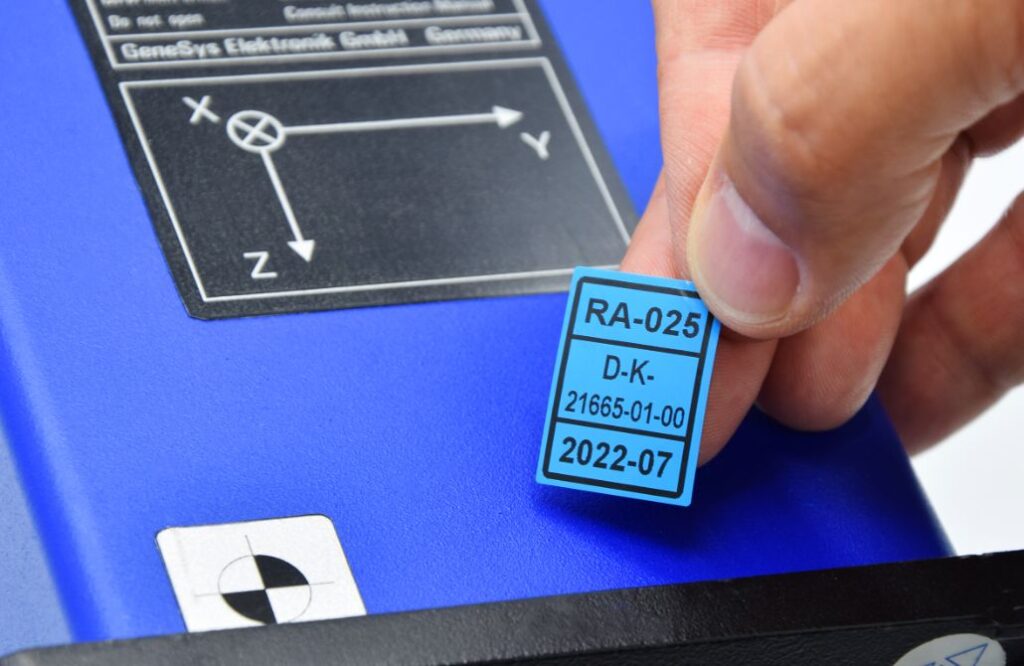Calibration specialist GeneSys conducts the regular calibration of automotive dynamic motion analyzer (ADMA) systems in its own laboratory to ensure high measurement quality and traceability to national testing standards.
Prior to shipment, each ADMA system is calibrated to GeneSys specifications; but the accuracy of the inertial sensors can be subject to natural variations over time. To maintain the intended accuracy of the equipment, the hardware needs to be calibrated at regular intervals of between one and two years. An inspection sticker with the date of the last calibration will then be attached to each device.
The company’s flexible services can be tailored to the exact requirements of customers. With a variety of calibration services available for ADMA systems or systems from other manufacturers, GeneSys can meet all specifications for each type of system or budget. The GeneSys team then clarifies which calibration package is best suited for the customer.
GeneSys is capable of conducting a range of calibration services which meet a wide range of quality standards including ISO 9001, DIN EN ISO/IEC 17025:2018 as well as IATF 16949. The company’s in-house calibration laboratory is accredited by the DAkkS (German Accreditation Body) for the measured quantities’ angular velocity, acceleration and speed.
This makes GeneSys the first DAkkS-accredited calibration laboratory according to DIN ISO 17025 for the measurand velocity in the range 5m/s to 23m/s. With this assignment, the DAkkS has confirmed that GeneSys is capable of performing calibrations according to the requirements of internationally valid standards, legal foundations and other rules and regulations.
Calibration of the ADMA systems also include an incoming goods inspection to ensure the platform, interfaces and sensors can conduct basic functions. GeneSys employees also conduct temperature tests and a final vehicle dynamics check.
Calibration of the ADMA system is conducted to ensure compliance with standards which include general quality management systems such as ISO 9001, or requirements which are specifically geared to test and measurement equipment like DIN EN ISO/IEC 17025:2018. There are several standards which also recommend when calibration is required.
By calibrating measuring equipment, complete traceability can also be guaranteed. Other advantages include the accuracy and consistency of future measurements with previously measured data. In some cases, if systems are left uncalibrated, measurements can be invalidated.



